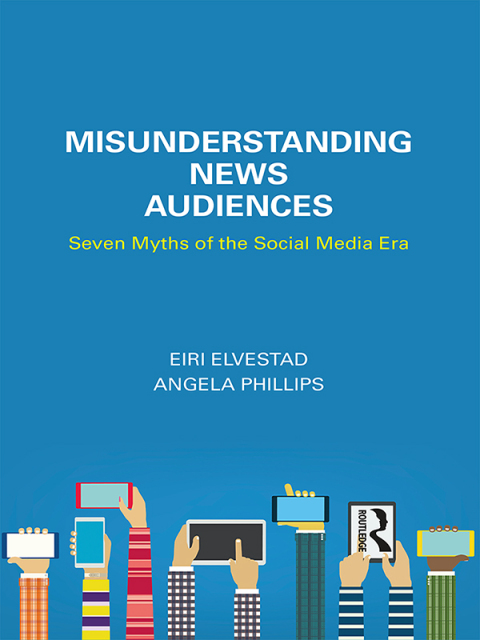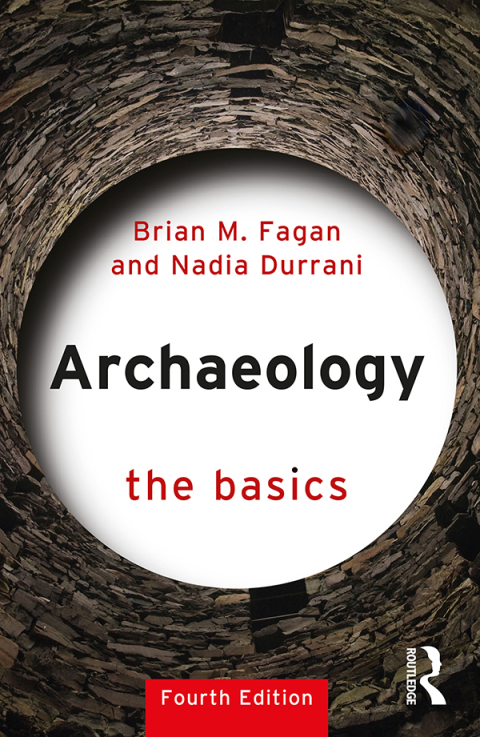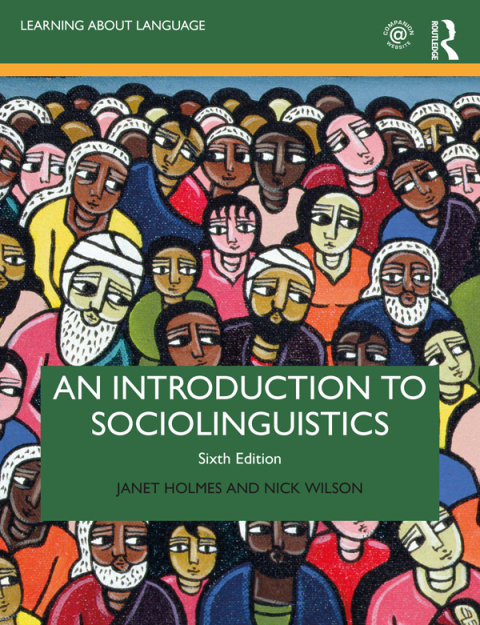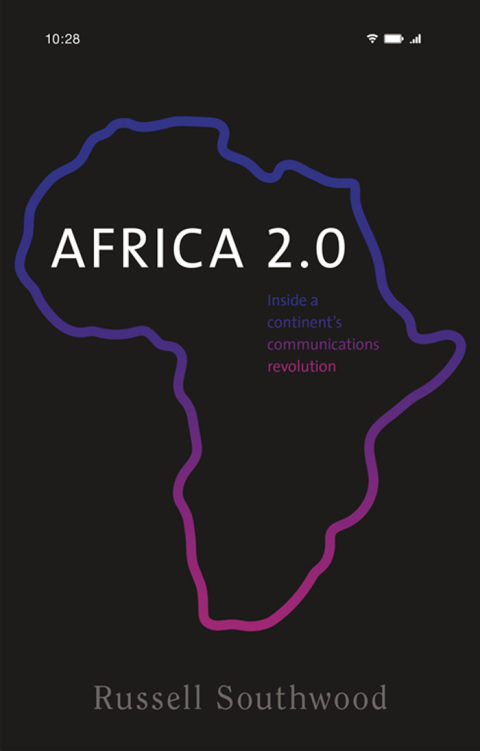Description
Efnisyfirlit
- Cover
- Half Title
- Title Page
- Copyright Page
- Table of Contents
- List of figures
- Acknowledgements
- 1. Introduction: News audiences, and the myths of the social media era
- Models of democracy
- Plurality and diversity
- Plan of the book
- Notes
- References
- 2. Personalisation is democratisation: Myth: news personalisation will improve plurality, diversity and ultimately democracy
- Regulation, disengagement and democracy
- News polarisation/political polarisation
- Who is editing your feed?
- The impact of social media on news
- The power of groups
- The influentials
- The consequences of a “choice”-based news system
- Note
- References
- 3. We are all journalists now: Myth: the role of the journalist is merging with the role of the audience
- Does technology turn citizens into journalists?
- Counting the active audience
- What do active audiences produce?
- The prosumer
- Citizen news
- Partnership – Open journalism
- Witnessing
- The authoritative source
- Activist media
- Supporting journalism
- Notes
- References
- 4. The wisdom of crowds? How algorithms rule online: Myth: the many are smarter than the few
- How the Internet grew up
- Network effects – how they work
- How programmatic advertising feeds the trolls
- Going viral
- Influencing the influentials
- Feedback effects
- Crowds and the journalism field
- Notes
- References
- 5. Globalisation: Myth: the Internet has produced the “global village” envisioned by McLuhan
- Homogenisation towards Westernisation?
- Global counter-narratives
- National media flows and global elites
- Glocalising the news
- Diasporic communities and global news
- Political and social movements
- The Internet and social media has not created a global village
- Notes
- References
- 6. Communities online are replacing communities offline: Myth: real social solidarity online has displaced the imagined solidarity of the mass news media
- News integration and belonging
- News, ritual and sociability
- News exposure and cultural capital
- News exposure and public disconnection
- Informed citizens and civic engagement
- Social media, mainstream media and elections
- Future pathways to news and civic engagement
- News media and solidarity
- Note
- References
- 7. The end of trust in mainstream media: Myth: the Internet and social media have replaced edited news
- Trust, facts and “truthiness”
- How trust varies across countries and time
- Distrust in mainstream media, the hostile media effect and alternative news sources
- Mainstream media and trustworthiness
- Notes
- References
- 8. The net generation will revolutionise the way we relate to news: Myth: there is a digital generation with an innate understanding of digital communication
- Age and generation in news media research
- News exposure is not stable over the life cycle
- Just not that into news
- News exposure and political socialisation
- Young people are not a homogenous group
- A dangerous rhetoric
- Notes
- References
- 9. Conclusion
- The impact of personalisation
- News audiences and political action
- Who do we trust?
- The need for a mediated centre
- References
- Index





